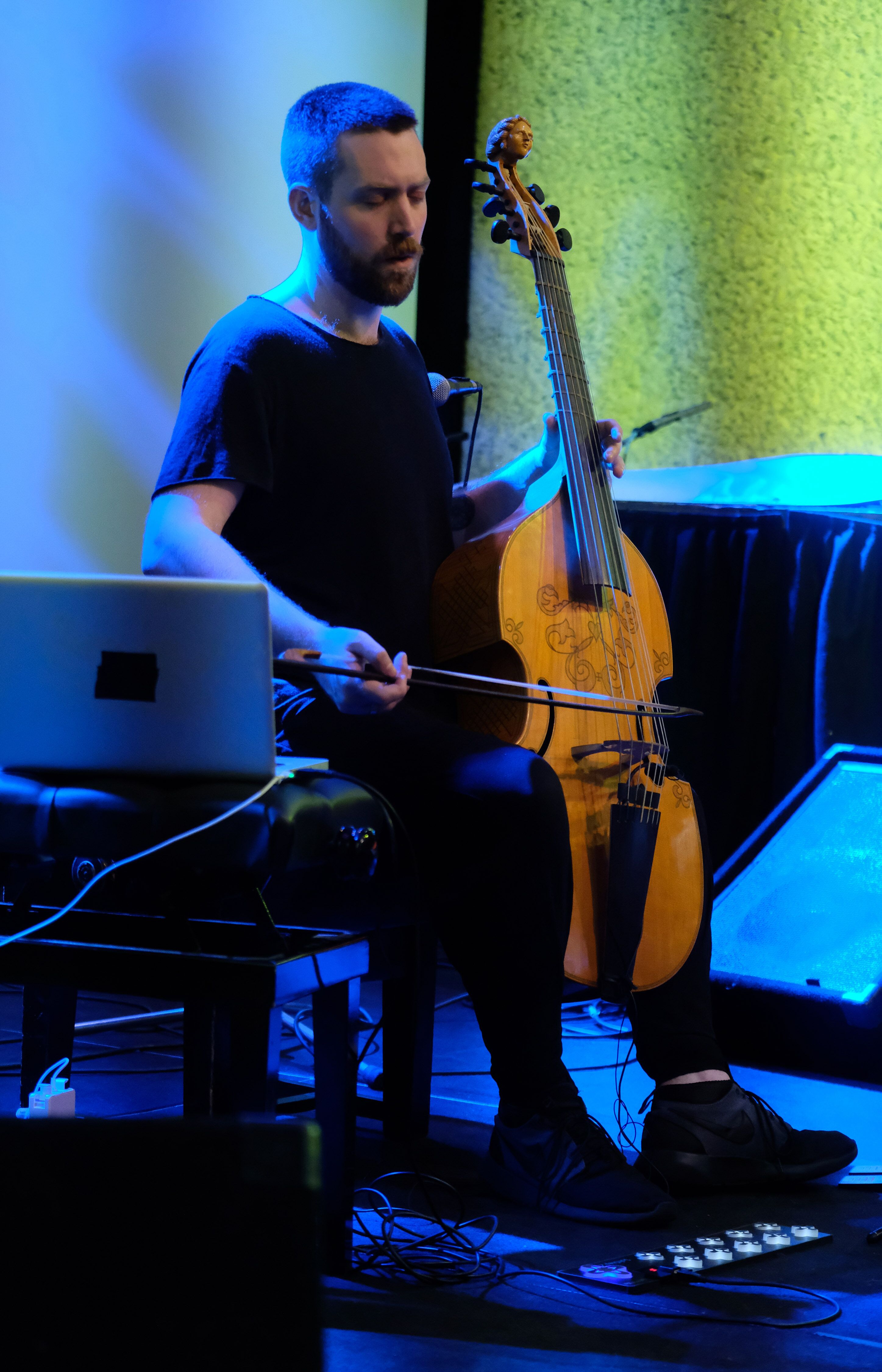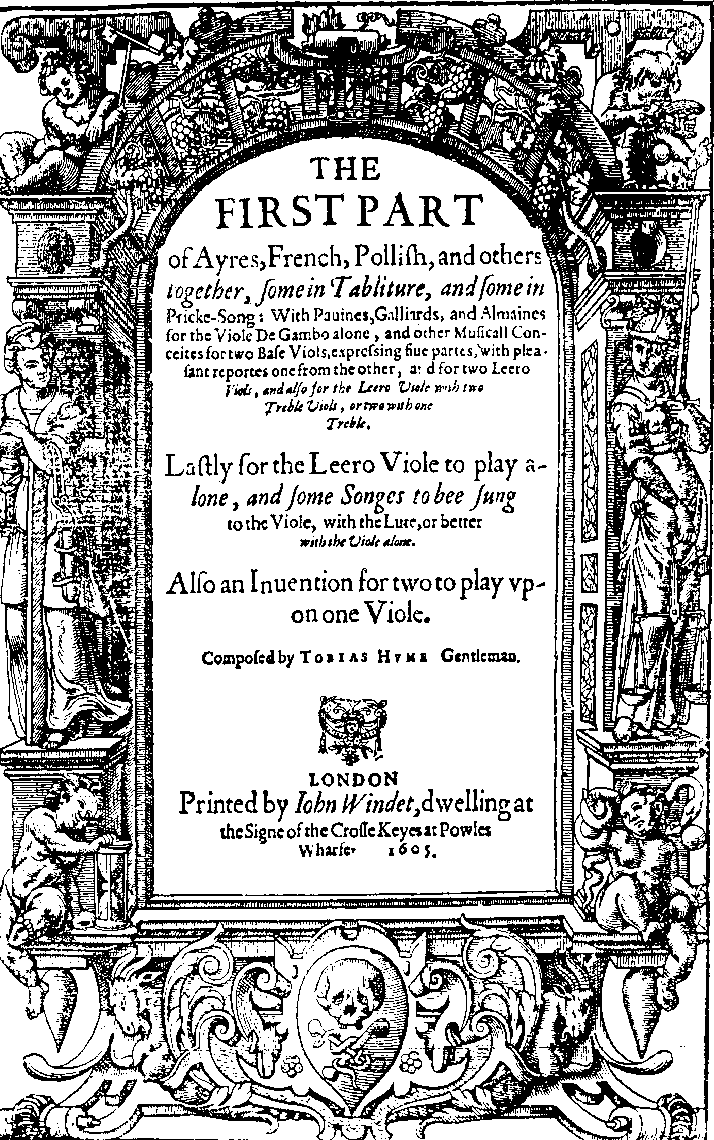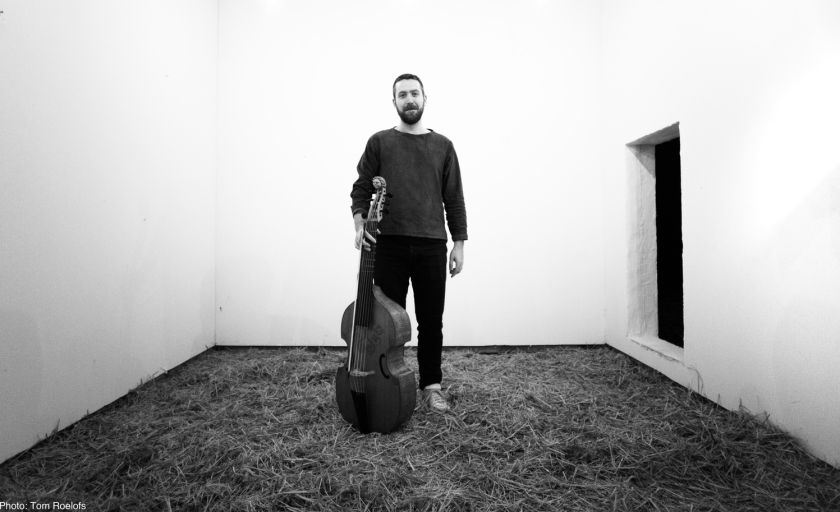When you dedicate your life to studying and performing on a musical instrument that essentially went extinct at the end of the 18th century, nostalgia plays a certain unavoidable role in your daily routine. I don't mean fetishistic historicism - I'm very happy with plumbing and penicillin, thank you - but my job as a viola da gamba player is to try and absorb information about my ancient instrument and its historical repertoire in a sort of empathetic way. I try to understand how it works on both technical and emotional levels, so that I can perform beautiful and obscure old music for modern listeners in a way that feels genuine, expressive, and moving.
And of course, when you spend as much time thinking about the past as I do, you start to wish some things about it could be brought back. It's very easy, for example, to get very wistful about the Palace of Versailles during the reign of Louis XIV: an architectural wonder of its age that was also a hotbed of cultural creativity and political intrigue. The thing that most excites me about the idea of Versailles is the food; I can't stop thinking what that rabbit terrine must have tasted like... but the second most exciting thing for me is of course the music-making. There were loads of brilliant permanently employed musicians at court, in addition to frequent visiting artists, and they had almost nothing to do with their days except play and write music. It must have been like permanently living in an artist residency programme, and was clearly incredible fruitful. We have so much wonderful repertoire from this period, and that's only the stuff that was actually written down and survived.
Liam Byrne and Jonas Nordberg play Marin Marais' Prélude in F (from Pièces de violes Book 3)
I am especially interested in the way musical practice at Versailles and other historical courts was a kind of ongoing way of life, not just something limited to concert performances (although the king did require his nightly Sarabandes), but something that was almost constantly happening in some beautifully fluid way across a range of spaces throughout the palace, which you can just imagine dipping in and out of at luxurious whim.
My nostalgic fantasies of Versailles are not so much about powdered wigs and whale bone corsets, but about how exquisite it must have been to make and listen to music in such a rich environment. So when I consider re-creating this particular past, for me it's not about building a model of the Hall of Mirrors, or wearing historical costume, or even poaching a duck in red wine and oysters. It's about finding ourselves a modern context that creates an analogous cultural experience for the musicians and listeners involved, where we can live something like the artistic luxury of Versailles, but whilst wearing practical clothing and smelling good.
 What I'm working my way up to here is a very slightly more than half-baked theory about the Barbican being a modern day analogue to Versailles (pictured left: Byrne at a previous Sound Unbound festival). Think about it: it's one of the most stunning architectural examples of its age, where some of the elite and the lucky get to live in nice apartments, and the rest of us visit for entertainment, dining, and networking. Aesthetically, it is ridiculously on trend. It's got loads of fantastic resident ensembles and a cultural programming that is beyond compare in all the land, and it's in some way (which I don't pretend to understand) financed by the municipal powers of the City of London. It even has exquisite gardens: I've always been in love with those little round sunken garden bits in the middle of the lake. In my personal neo-baroque fantasy that is precisely where I would meet the handsome young Viscount with shapely calves for a tryst on a banquette.
What I'm working my way up to here is a very slightly more than half-baked theory about the Barbican being a modern day analogue to Versailles (pictured left: Byrne at a previous Sound Unbound festival). Think about it: it's one of the most stunning architectural examples of its age, where some of the elite and the lucky get to live in nice apartments, and the rest of us visit for entertainment, dining, and networking. Aesthetically, it is ridiculously on trend. It's got loads of fantastic resident ensembles and a cultural programming that is beyond compare in all the land, and it's in some way (which I don't pretend to understand) financed by the municipal powers of the City of London. It even has exquisite gardens: I've always been in love with those little round sunken garden bits in the middle of the lake. In my personal neo-baroque fantasy that is precisely where I would meet the handsome young Viscount with shapely calves for a tryst on a banquette.
Anyway, this weekend, the Barbican becomes even more like the Palace of Versailles because it is the weekend of Sound Unbound, an incredible two day festival of music-making in all imaginable guises across the entire Barbican site and in surrounding areas, which is completely free and open to the public to drop in an out of as they so desire. It's music bursting beyond the boundaries of the concert hall and it is so exciting and also about as close to fulfilling my Louis XIV fantasies as I'll ever get. I should stress here that it's not just Baroque music on offer, not by a long shot, but loads and loads of new stuff as well.
 For my part, I will be spending Saturday and Sunday in the Charterhouse, which is of course an actual historical space serving the exact same function it has for over 400 years. From 12-6pm each day, I will be holed up in a little niche in the Norfolk Cloister with my viola da gamba and laptop recreating Nico Muhly's 2015 sound installation Long Phrases for the Wilton Diptych in an entirely new live version. It will be something in-between a performance and an installation, a kind of loosely recurring cycle of drones and live loops constantly being fed by me and the viola da gamba, which I will at times leave running to nibble on an Eccles cake from St John. I would be thrilled if you came and shared this strange and wonderful music with me on whatever temporal plane takes your fancy.
For my part, I will be spending Saturday and Sunday in the Charterhouse, which is of course an actual historical space serving the exact same function it has for over 400 years. From 12-6pm each day, I will be holed up in a little niche in the Norfolk Cloister with my viola da gamba and laptop recreating Nico Muhly's 2015 sound installation Long Phrases for the Wilton Diptych in an entirely new live version. It will be something in-between a performance and an installation, a kind of loosely recurring cycle of drones and live loops constantly being fed by me and the viola da gamba, which I will at times leave running to nibble on an Eccles cake from St John. I would be thrilled if you came and shared this strange and wonderful music with me on whatever temporal plane takes your fancy.
Today at 2:45pm and tomorrow at 3pm, I will leave the installation on its own for a bit while I do a more traditional concert performance of new and old music for viola da gamba with electronics, celebrating the release of my debut solo album Concrete (which came out last week on the Icelandic label Bedroom Community) and also celebrating the legacy of 17th century Scottish viola da gamba player and composer Tobias Hume (frontispiece for one of whose collections pictured above), who lived out the end of his days as a brother in the Charterhouse.
- Sound Unbound is a free, weekend-long festival of classical music programmed by the Barbican, featuring over 100 short performances in more than 20 unique venues performed by boundary-crossing artists














Add comment